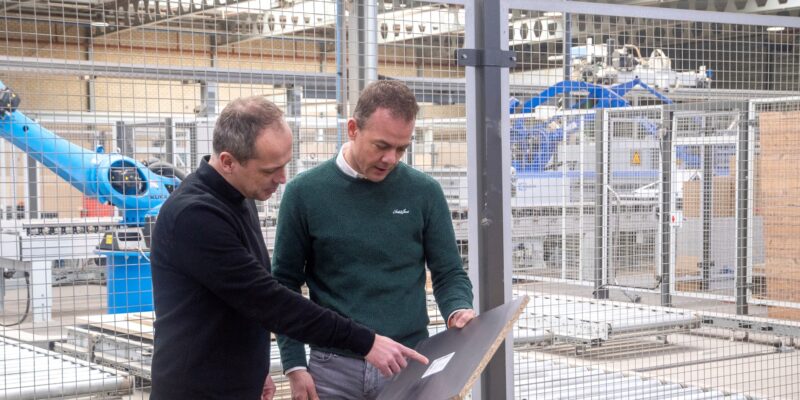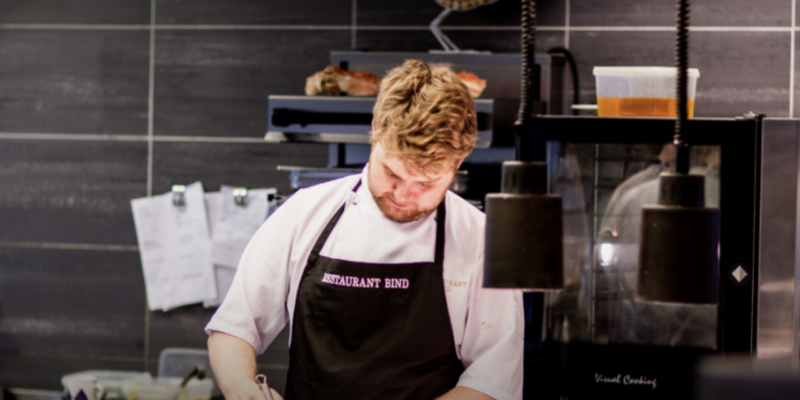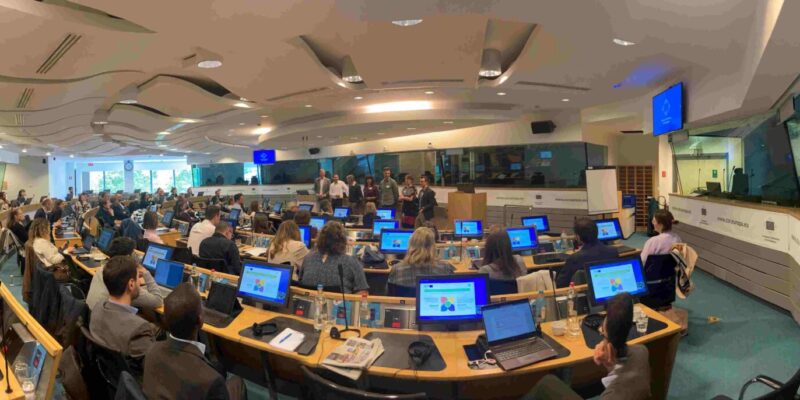From purchaser to intrapreneur

Circular procurement is not just a matter of ordering different products or services. Embracing the circular economy will only succeed if the business as a whole changes its approach – when cross-functional teams start collaborating based on a common goal and shared KPIs. It also requires a cultural shift, and employees will need to learn to look beyond their own familiar horizons. They will also need to take long-term costs into account.
Intrapreneur and chain director
The procurement role that we know today will soon cease to exist. In the circular economy, we expect a purchaser to think and act more like an entrepreneur within the organisation and within the chain. We like to call them ‘intrapreneurs’. That means that the purchaser takes on these additional roles:
- Relationship manager: the purchaser takes the lead across the boundaries of multidisciplinary teams and is much more focused on collaboration both internally and externally.
- Advisor: the purchaser helps the organisation to change through innovation at both process and product level.
- Director: the purchaser creates value by tapping new products and markets, by making chains faster, better and more cost-effective, or simply by closing chains.
As a purchaser, you direct and connect the various links in the chain. In addition to being an intrapreneur, the purchaser also operates as a sort of ‘chain director’. One that also has the creativity and the courage to challenge all parties to arrive at the best possible circular chain for the products and services being procured.
Internal and external parties around the table
The purchaser as the chain director maintains positive contact within the internal organisation and with potential suppliers. The purchaser engages with both internal clients and external parties on the basis of the organisation’s circular ambitions, such as when purchasing catering or a building.
- Working with internal clients and the facility manager, the purchaser establishes the design of the procurement process for the project in question and decides which products should be procured through that route.
- With a team of external experts, including the supplier, the designer of the desired product and the waste service provider, the purchaser takes a seat at the table to consider what product adaptations would lead to high-quality recycling after use.
The purchaser not only asks suppliers to provide products or services, but also engages them as experts in their field. Consequently, collaboration with suppliers is much more focused on the long term and on preserving as much value as possible.
Working together towards a circular economy
You don’t create a circular economy alone. It requires collaboration. By operating as a purchaser, as a chain director and as an intrapreneur, you can interconnect different links in the chain and encourage change and collaboration. After all, the transition to a circular economy will only gain momentum if the whole business operation moves with it!
Want to learn more about the role of the circular purchaser? See Purchaser.
Want to make a start on circular procurement? See our step-by-step plan for circular procurement.
Six success factors for circular procurement
1. Business and development As a purchaser, you are able to create business models that are focused on the future and on circular thinking. 2. Purchasing skill You have an eye for end users’ needs and are not too focused on technical problems. You know how to connect with stakeholders. 3. Systems thinking and identifying chains You can work collaboratively and are open to feedback. Your thinking is based on the social, economic and ecological context. You understand what this means for the stability, resilience and quality of the organisation and the chain. 4. Future-oriented and out-of-the-box thinking You are forward-focused and concentrate on tomorrow’s solutions. 5. Not afraid of uncertainties and risks You can handle challenges and know how to deal with uncertainties. You’re also able to respond positively. 6. Creativity, innovation and connectedness You can foster a sense of openness to new solutions. You are always looking for other networks and are a cooperative thinker.


